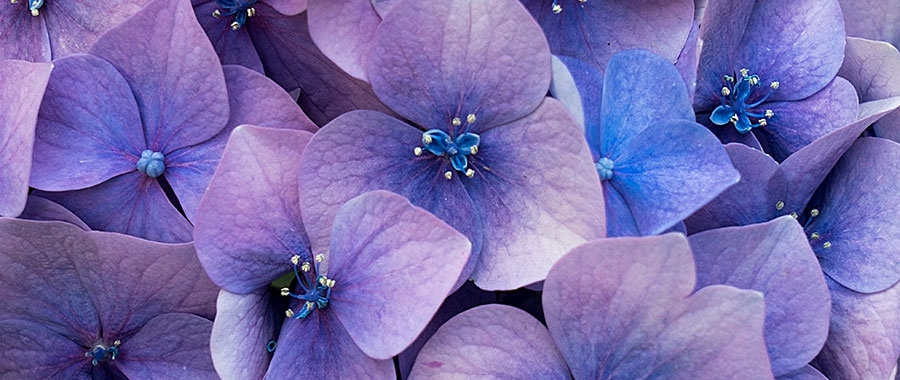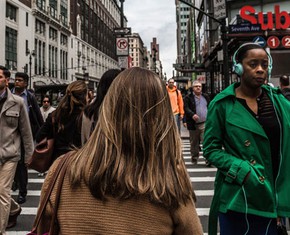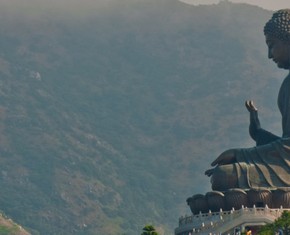The views expressed in our content reflect individual perspectives and do not represent the authoritative views of the Baha'i Faith.
A couple of weeks ago I noticed in our garden a hydrangea that lacked vigor, didn’t seem to take nourishment, and was apparently dying.
I replaced it with another plant and then, hesitant to just throw this one into the compost, tried planting it elsewhere. Much to my delight, this morning I noticed that it is flourishing, flowering, and showing signs of growth.
Always seeking parallels between natural and spiritual realities, I initially thought about how this is also the case with people. We tend to bloom within nurturing environments. Starting with childhood, we grow best when we have a loving and stable home, good food, and both educational and enrichment opportunities.
Then I thought about this dynamic in a slightly different way. A hydrangea does not have free will, so it must have precise physical conditions in which to thrive. On the other hand, humans can choose actions and attitudes that help us adapt to wherever we happen to be.
So now I interpret this whole matter more expansively. I think that we also bloom when we overcome tests and difficulties, especially when we exercise our free will to go beyond our own concerns.
In the Baha’i teachings, Abdu’l-Baha linked happiness with our spiritual life, and he would often greet people with the simple phrase “Be happy”: I tell you to be happy because we can not know the spiritual life unless we are happy! – quoted by Shahin Vafai in The Path Toward Spirituality, p. 11.
He also wrote about the temporary state of our life circumstances:
Grieve thou not over the troubles and hardships of this nether world, nor be thou glad in times of ease and comfort, for both shall pass away. – Selections from the Writings of Abdu’l-Baha, p. 177.
These two quotations remind me that, whether or not I am currently experiencing perfect conditions, happiness is within my mind, within my reach.
What if my spiritual side is fed through difficulties? Perhaps the people, events, and circumstances that cause the most trouble also provide an opportunity for growth. As I overcome adversity, as I remain calm and even happy, I transpose what I previously thought as good for myself with what is even better for me.
With the emphasis in the Baha’i Faith toward social transformation, I can enlarge the scope of this idea. Frank and open consultation as the basis for cooperation is integral to translating personal growth into community growth. Together we can overcome shared adversity and improve our collective condition, and we can achieve genuine social progress. This works because we are not like plants, which rely on their environment to fulfill their requirements. We can influence—even manipulate—our environment, to shape it to our own benefit. This means that we must protect the health and vitality of the natural environment, too.
I just went outside again to look at the hydrangea in its new locale. The sun is shining on its brightly colored flowers. If it could talk, it might thank me for moving it to a better location.
As people, we can use our free will to help everyone grow, develop, and prosper. Our happiness can come from knowing that we are moving toward creating our own human garden. That would be lovely indeed.
This series of essays comes from Jaellayna Palmer’s newly-published book, Personal Path, Practical Feet, which is available here.
















Comments
Sign in or create an account
Continue with Googleor